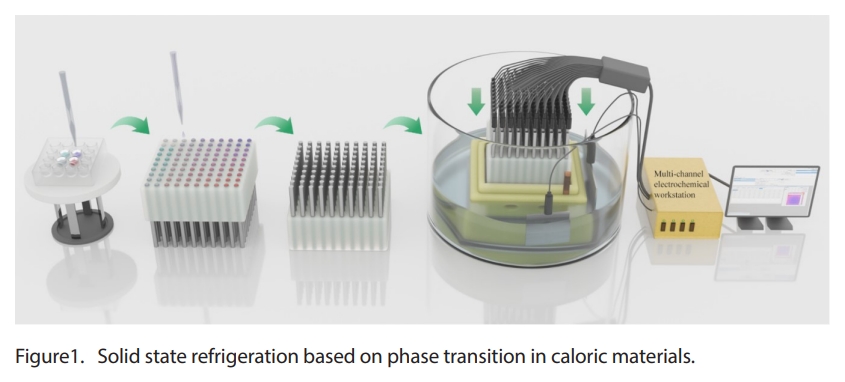EXTENDED ABSTRACT: Faced with complex and harsh service environments, developing advanced anti-corrosion materials is a common technical bottleneck for the long-term and safe service of infrastructures. At present, the development of anti-corrosion materials mainly relies on the traditional R&D model with small samples. This work established an efffcient screening and optimization model for weathering steel surface treatment through high-throughput preparation and characterization techniques. This improves the R&D efficiency and fine quantitative design level of anti-corrosion materials. The highthroughput screening method is developed by depositing microarrays of droplets containing different stabilizer solutions on a Q420 MPa weathering steel. The growth behavior of the rust layer and the corrosion resistant property were assessed using the wire beam electrode (WBE) technology and surface observations. Surface treatment could promote the generation of a dense rust layer with a high percentage of α-FeOOH, which is conducive to strengthen the corrosion resistant property of the rust layer.

Keywords: High-throughput experiment; intelligent anticorrosion coating; Surface treatment; High-throughput electrochemistry measurement; Machine learning

Lingwei Ma, currently a professor and doctoral supervisor at Institute for Advanced Materials and Technology, University of Science and Technology Beijing. She has been engaged in research field on intelligent corrosion coating and surface protection technology, and published more than 100 papers in academic journals such as Corrosion Science and Chemical Engineering Journal. She served as the deputy director of the international cooperation department of the National Materials Corrosion and Protection Data Center, as well as the editor of the Corrosion Science journal. She is selected as a "Young Talent" for the 6th China Association for Science and Technology